TRANSFORM YOUR TEAM'S SEASON WITH PROFESSIONALLY PLANNED SESSIONS
Use our expert plans or build your own using our library of over 700+ drills, and easy-to-use tools.
JOIN NOWAsk a question and have it answered by Coaches from around the world and IRB Educators.





i have found if you up the intensity and reduce the size of grids, you force the players into more contact, and that ups aggression. also splitting the more competative players into opposite groups helps.
i have found if you up the intensity and reduce the size of grids, you force the players into more contact, and that ups aggression. also splitting the more competative players into opposite groups helps.
In a nutshell, you can't coach it if your players aren't naturally aggressive.
I find there is a difference between aggression and tempo, and a lot of coaches I work with would appear to mix the 2 up. I never coach aggression but I DO coach tempo.
As Steve has said above, reduce grid sizes giving players no hiding place during training, force them into every play so they have to support their mates, get off the floor as soon as they tackle so they don't leave their team mates a man down.
Use positive talk rather than negative talk.
When i'm asked to coach a team, before my first session with them i'll watch them play a game and stand at the end of the pitch, I listen to how and what they communicate, and it sets the tone of how I decide to communicate with them from the start.
Most teams (and coaches) communicate negatively even when it may appear positive, the most common negative talk you'll hear is when a team are defending their try line and either the coach, captain or anyone else will shout "WE DON'T WANT TO BE PLAYING HERE!". Although this may appear positive, cause indeed, we don't want our teams playing on their try line, it is in fact negative because we're stating what we don't want to do rather than what we do want to do. Get players used to saying what they want to do, in the case of the above example, during a break in play the captain should gather the players and tell them exactly where they want to be playing in the next 5 mins of play.
Lastly, empower the players to take responsibility for the team. I find this is a very powerful tool in nuturing a positive team attitude. And again, if you empower the players and take a more athlete centred approach, there really is no way to coach aggression, which in my experience, always fails and has the opposite effect than that which you want.
Great answer Steve
Ed this is an interesting issue and I would have to say that it boils down as Steve says positive reinforcement of what you are coaching them. Growing up in England and playing rugby my whole life I had just taken it for granted that aggression is just what everyone does.... this is Just not so. In Canada we are still pushing to get rugby as a much more mainstream sport. Over the last 10 years I have coached everything from Age Grade Girls and Boys to Senior Premier Girls and Boys. The one overriding issue I have had with players is that they set themselves unrealistic goals and our expectations of what to expect from them are sometimes floored, Most of this is based on a lack of knowledge of what to do and where to do it for both parties. That is not to say it is the case here but perhaps there are a couple of questions to ask both the athlete and yourself , what you are expectations? is it achievable in the time line you have set yourself? For me Coaching Girls was the point that highlighted the "Aggression factor" I have discovered if you become much more technical with the Aggression Areas such as the Tackle, Scrum, Ruck and Maul and ensure that the athlete understands their role and how to safely complete the drills you will find the aggression factor improved because they are now much more knowledgeable and aware of what it is THEY have to do there. Many of the athletes worry that they will do something wrong and more often will then not commit to it. This is down to us as coaches to make them feel secure enough to make mistakes without being chastised but dealt with a positive feedback and technical suggestions on how to make the next drill better. Once I knew they understood the role and the expectation of the drill we then picked up the tempo of the drills as Steve mentioned we decreased the size of the grids, ⢠We made it a game with tackling adding pts for a good tackle. Little things like Red Tape on one shoulder and Blue on the other so that they listened to the command and tackled with that colour made them feel much more confident in the tackle. ⢠We set two lines 1 meter back for the Front row to challenge each other and so on I think you get the idea. The one overriding factor here though was when the Skill became less we would stop and ask questions of what happened. And how they thought we should correct it.
Yes, both these answers are spot on. Rugby should not be about "aggression" as such (especially among younger players), but about performing well. So, if a tackle is performed well, it will by definition be aggressive, because the action itself is one of aggression. The satisfaction of putting an opponent firmly on the grass is great. If youngsters can learn that the proper way to do a skill is at one's maximum power and speed, then they will learn to do it with a smile on their faces - and what better way is there to play sport?
Thank you for your answers guys, I have used the techniques you have suggested , narrow grids high intensity contact work and you are right this does raise the aggression levels.
My question should have been, if i have players that are technically very good participate in the drills suggested above and can be very positive with lot's of go forward on the pitch, but sometimes will just not turn up in games, how do I get them consistently performing, if for instance the player takes a knock early on in a game and reacts to this mentally , he tends to have a very positive impact on the pitch.
I realise that this is to do with the frame of mind that the player approaches the game and I concerntrate on getting the players focussed on positive aspects of their own games, how well they are performing as individuals as well as units and as a team as a whole. 95% of the players react to this.
Is there another way that may work with the other 5% ?
Do you have any suggestions?

in more ways than one
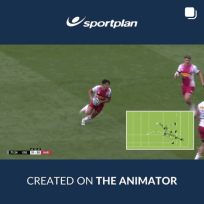

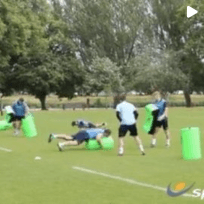
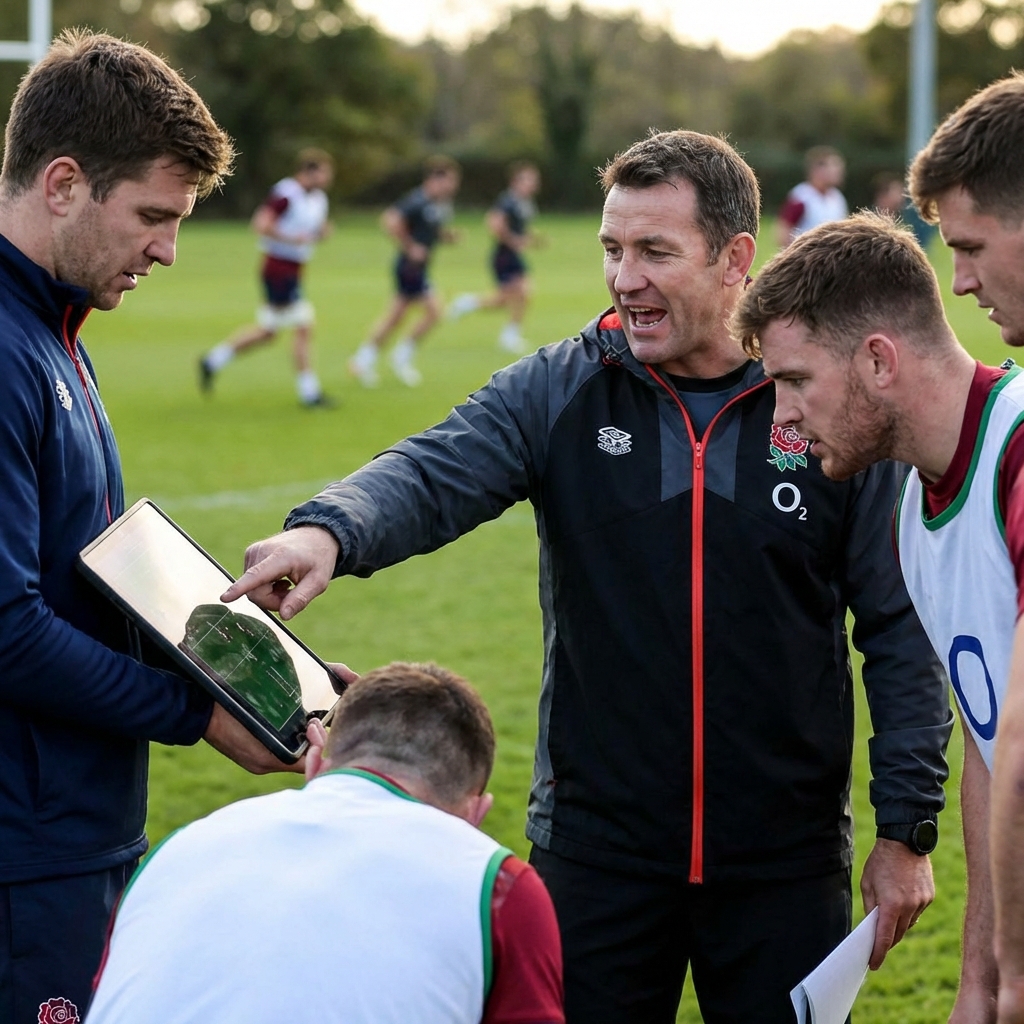
From France's collision dominance to England's folding defence - what grassroots coaches can learn from the 2026 Six Nations.
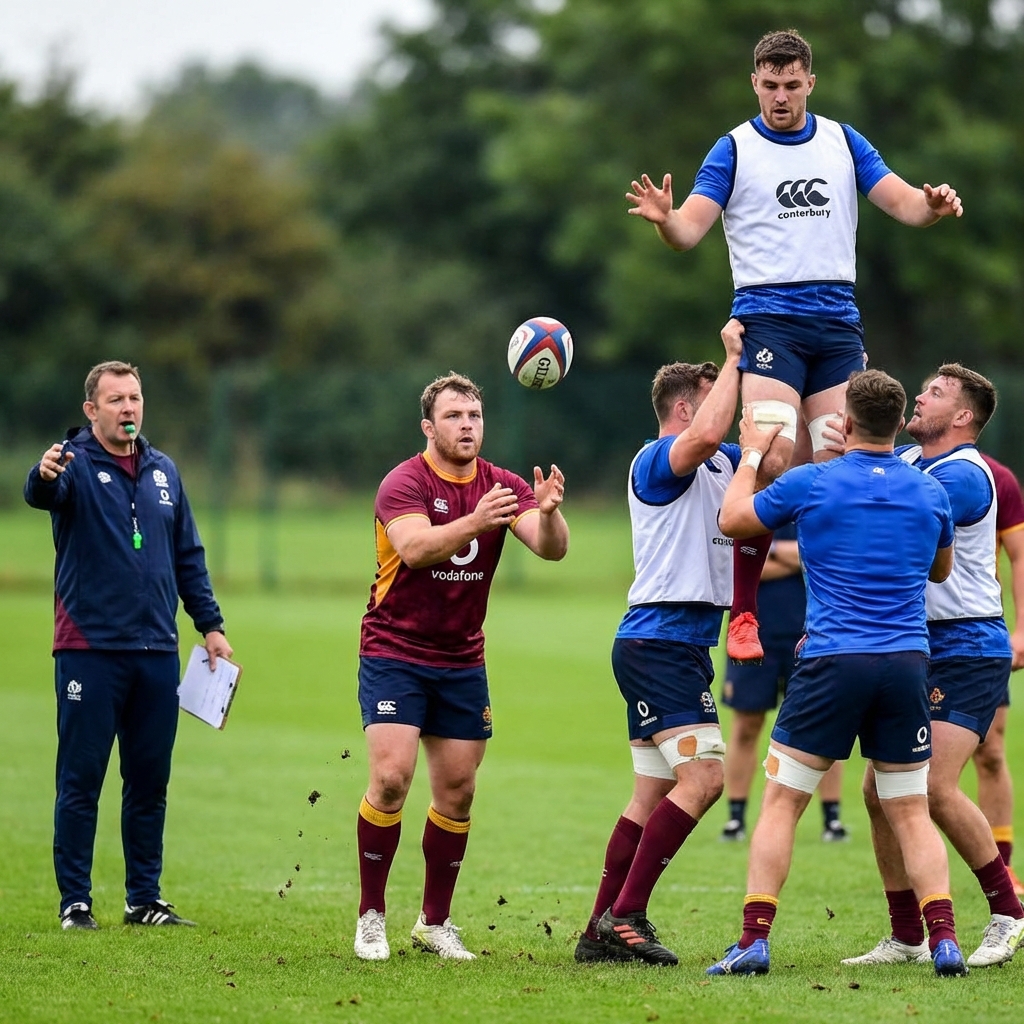
The removal of "not-straight" on uncontested lineouts transforms your set-piece options. Here's how to exploit the new rule.
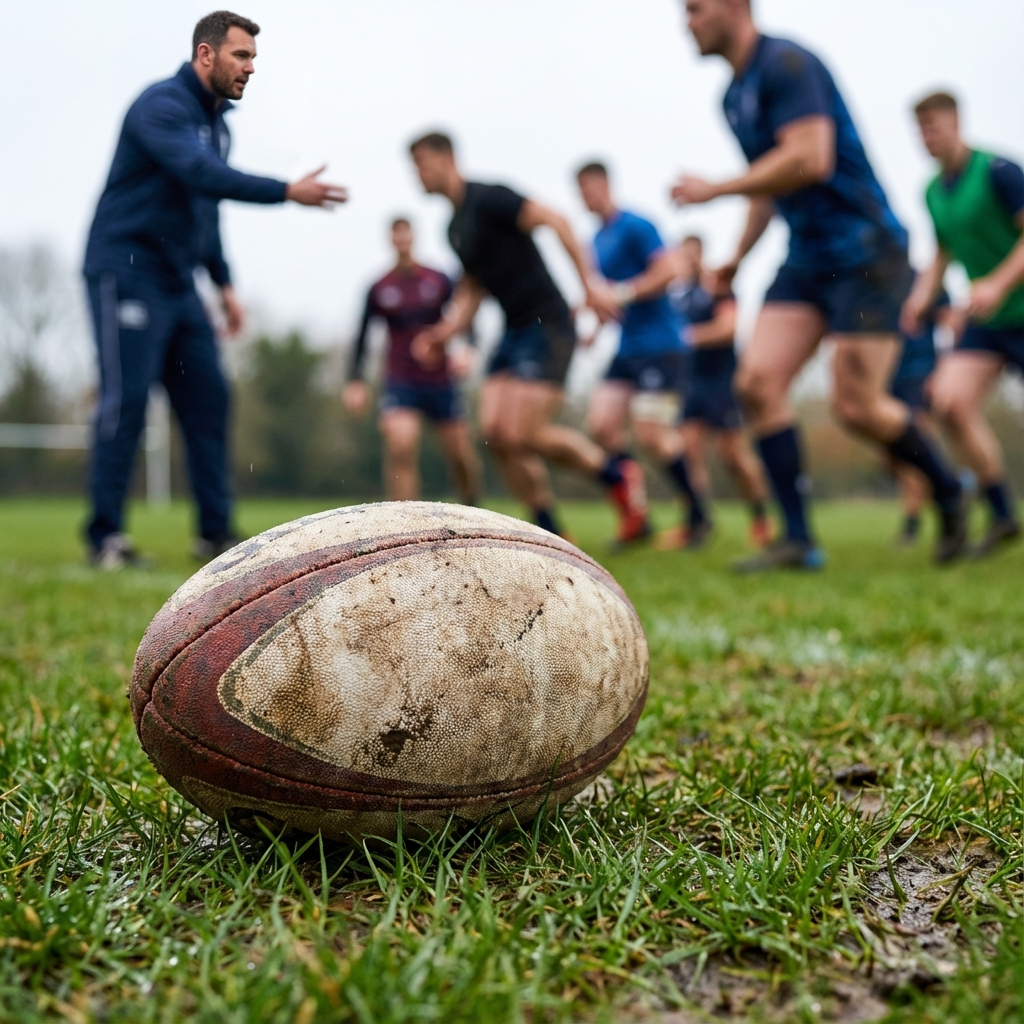
2026 brings revolutionary changes to international rugby: a brand new global tournament, historic tours, and law changes that will reshape the game. Here's everything coaches need to know.
Use our expert plans or build your own using our library of over 700+ drills, and easy-to-use tools.
JOIN NOW